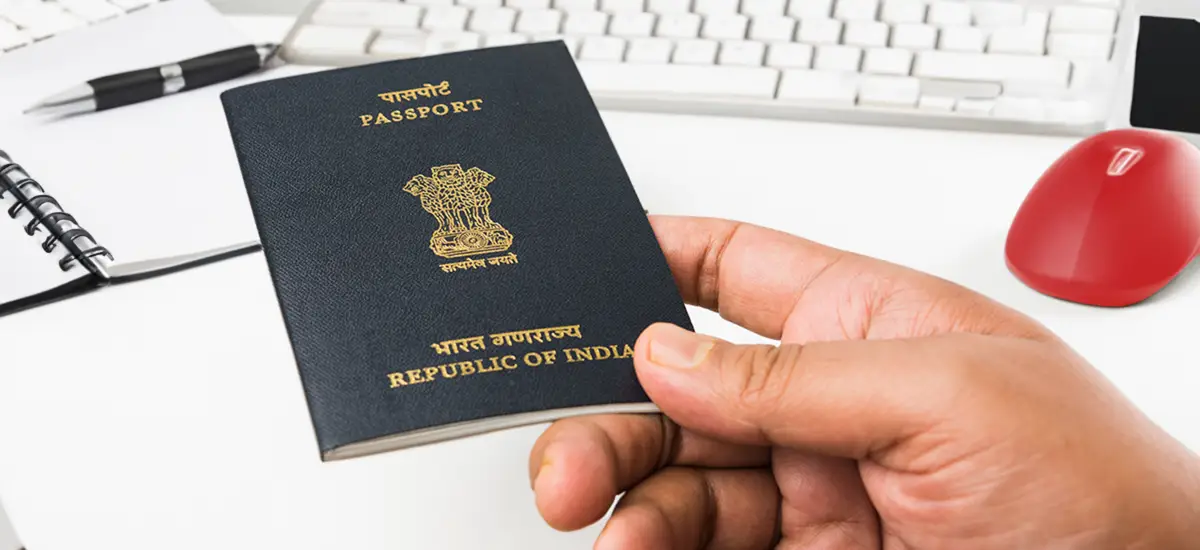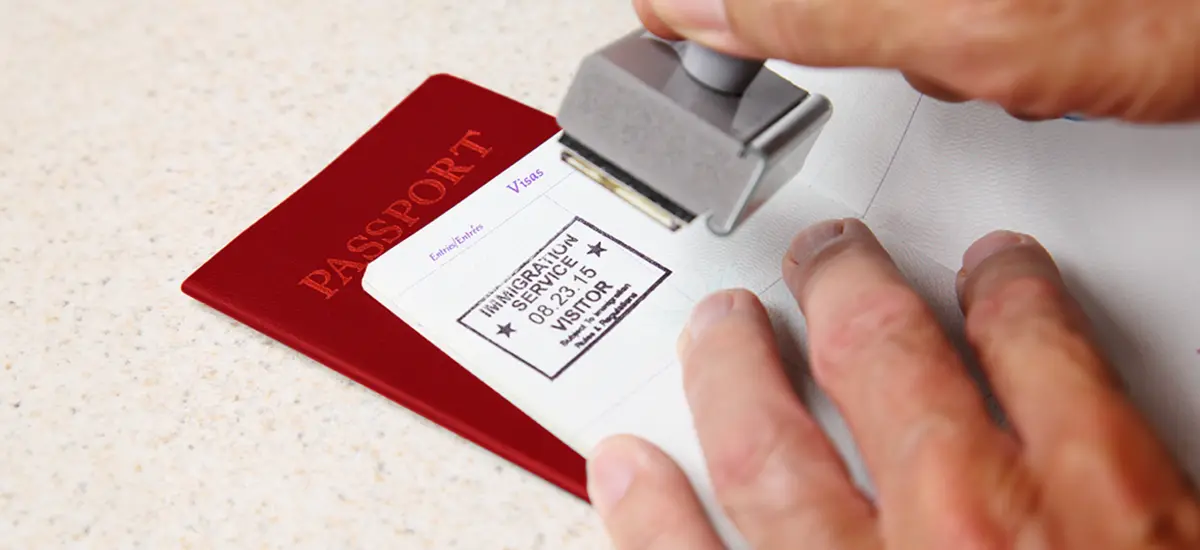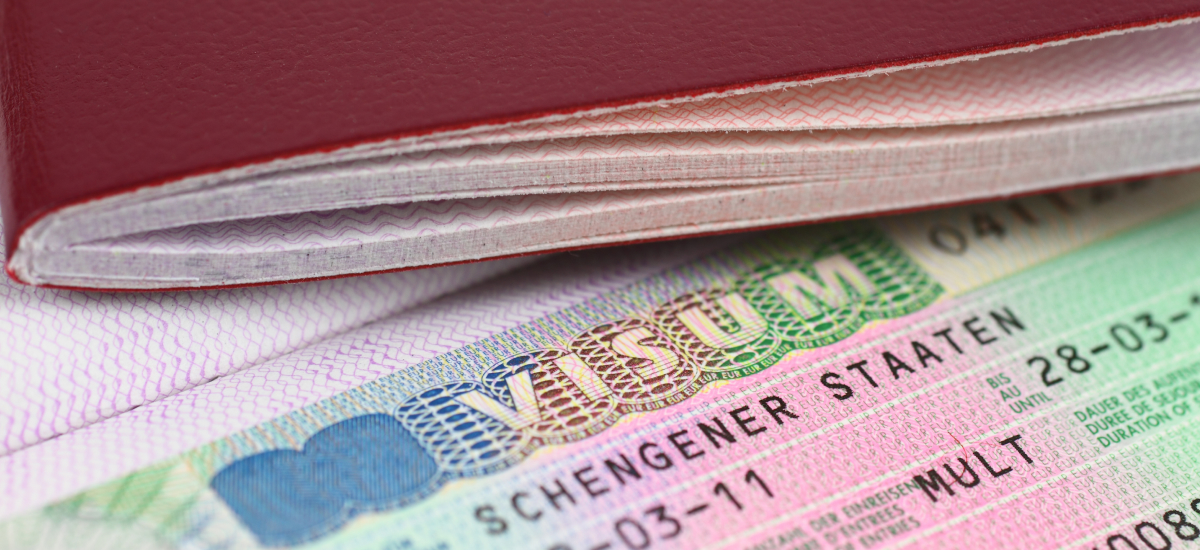Moving abroad or embarking on a big international trip is undoubtedly one of life’s most exciting experiences, particularly if you’ve never done it before. But if you’re a parent of a child about to go off on a foreign adventure, it can lead to many sleepless nights. Today, more and more Indian students are choosing to go abroad for their higher education. According to a report by RedSeer, the number has grown from 440,000 in 2016 to 770,000 in 2019. It has been estimated to grow further to 1.8 million by 2024. But no matter how many students are setting off overseas or whatever the age of your child, it’s only natural to feel anxious as they head out.
We’ve taken a look at the typical fears parents have when children travel or live overseas and steps you can take to help ensure your children are as happy, healthy and safe as possible from a distance.
Covid concerns
The Covid-19 pandemic has complicated things even further, with worries about health, restrictions and lockdowns thrown into the mix of the regular parental concerns. However, this situation still hasn’t dampened students’ intent to go abroad. According to a report, over 91% of Indian students who had been planning to study outside the country still intend to continue with their plans. And since the pandemic doesn’t seem to be ending anytime soon, sticking to the original plan (with adjustments according to restrictions, of course) seems like the way forward. Make sure to research the Covid-19 responses of preferred universities and what they can offer international students so that you can make an informed choice. That said, the decision to go or not will inevitably be very personal according to each family situation.
Navigating common anxieties
However grown-up they are, feeling concerned about your children is a universal experience of parents. Even when we are aware of the benefits of international trips – like helping them grow in confidence, maturity and independence – it’s hard not to think of the potential risks. Some of the most common fears for parents include their child getting robbed or hurt, or being unable to support themselves financially. Emotional concerns may also cause anxiety for some parents, particularly when their children are in countries with a different culture or language, and so may face social isolation.
Foremost, it’s important to be realistic about your worries and to avoid catastrophizing. Many countries will be as safe, if not more so, than home. Check out the Global Peace Index and local crime statistics if you’re unsure. You could learn, for example, that Slovenia is statistically safer than Australia. Reports will reveal that countries such as the Netherlands, Canada and Singapore are known to be relatively safe. You may also look into places where you have extended family or friends nearby in case of concerns. Wherever you choose, it’s worth reminding yourself that extreme issues, such as kidnapping or terrorist attacks, are rare.
Prepare ahead
As with many situations in life, the best thing you can do to limit your worries is to do the right amount of preparation in advance. This could include helping your children find a safe place to stay based on local police and crime statistics and online recommendations or purchasing a personal attack alarm for them. It’s also worth considering any helpful pre-departure courses that might offer peace of mind. This includes martial arts to sessions, classes on budgeting, language lessons or even some necessary life skills like cooking.
Sit down with your child and discuss your fears so that you can come up with any necessary contingency plans together. Research the destination and figure out what the most likely potential risks might be. Make a note of the key emergency services and how to access them. If they’re travelling, make sure you’ve done this for all the countries they’ll be visiting.
During their time abroad
Ask your child to give you the address of where they’re saying, and ideally the details of an emergency contact, such as a flatmate or friend they’re travelling with too. Agree on a regular contact schedule for check-ins – do you want them to text you once a day, or do a check-in call every few days? If you’re both comfortable with the idea, you can also use an app, such as Find my Friends to keep track of their location.
For parents with financial concerns, make sure there is a way for your child to access emergency funds if needed, such as with an emergency credit card. Most importantly, encourage them to get out there and make the most of this brilliant, unique experience!
Q&A: What insurance coverage should I get?
Are your children covered by your family plan, or are you taking out an independent insurance policy to cover them on their travels? Whatever you decide to do, this essential advice will help you make the right choice. Don’t forget to ensure your children know the details of their insurance policy and the process they’ll need to go through to make a claim.
What’s the value of international health cover?
International health cover will give your child the freedom to explore while they’re abroad, and not feel limited to just one location. After all, whether they’re studying or taking a gap year, it’s likely your child will be eager to explore more than just one place! Look for a plan with comprehensive international health coverage, and check if there are any regions that are exempt from the policy.
Are there any extras I should take into account?
Got adventurous children? Make sure any extreme sports or dangerous activities such as skiing or bungee jumping are added to the plan. Meanwhile, if they’re taking expensive gadgets such as laptops or cameras, it’s worth taking out additional gadget insurance to cover the full cost of these items.
Will COVID affect my insurance?
Depending on your policy, it’s possible you could find some new restrictions or changes to your policy, particularly with Covid regulations still in place around the world. Stay up to date on changing government recommendations and double-check your policy before you travel to make sure you’re fully informed of any limitations.
Furthermore, if you’re planning to visit your child abroad, make sure you’re covered for any possible last-minute alterations caused by Covid-related issues, as you don’t want to lose out. Taking out travel insurance is always a good idea when travelling abroad. It can save you from things such as the costs of an unexpected illness to the loss of important documents.

Each one of us dreams of traveling abroad, experiencing the wonders of the world and exploring different cultures and even terrains. However, the first thing that is...
Read More
Taking a vacation is an exciting experience. Just thinking about the misty mountain roads or the experience of sunbathing while listening to the waves is enough to...
Read More
Before you embark on international travel, it's crucial to understand the difference between passports and visas. While both are necessary, they serve different roles. Passports confirm your...
Read More
Planning a trip to Europe with a Schengen visa? Don't overlook travel insurance. This comprehensive guide covers why it's essential, and what to look for, and highlights...
Read More
When planning a trip to Thailand, there are numerous considerations, from packing essentials to itinerary planning. One crucial aspect often debated is the necessity of travel insurance....
Read More
Packing for a trip can be hectic. There is so much to do, so many things to care about, that slipping on a few things is understandable....
Read More
Are you afraid of too many uncertainties during the approval process of your visa? As per the latest Henley Passport Index report, more than 60 countries offer...
Read More
No wonder choosing to study abroad will open up endless possibilities for a student. However, this decision comes with its equal share of risks, too! Unforeseen medical...
Read More
International trips offer the opportunity to explore new worlds and immerse oneself in native cultures and unique traditions. Nevertheless, during the excitement of the new journeys, one...
Read More